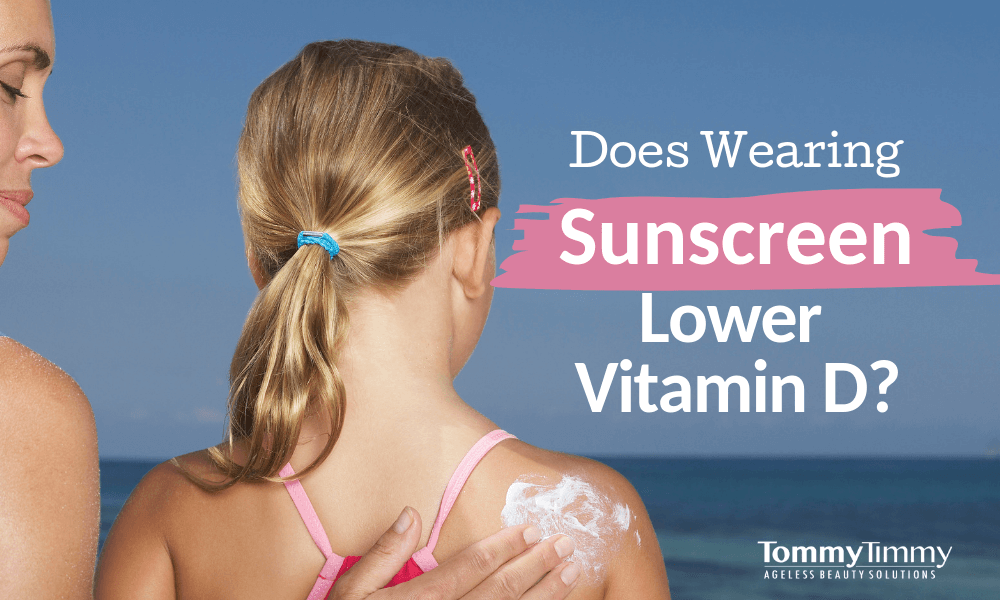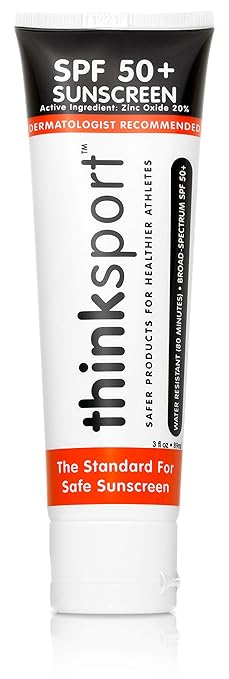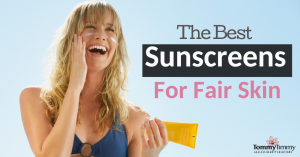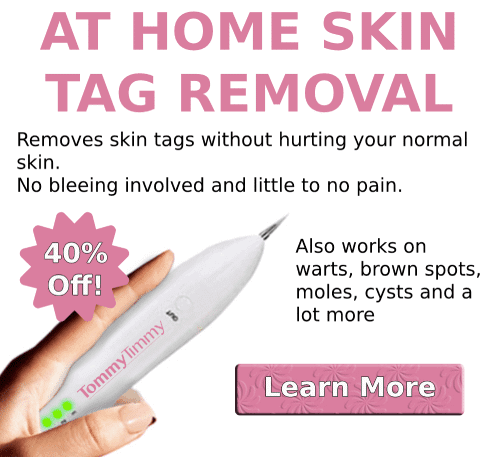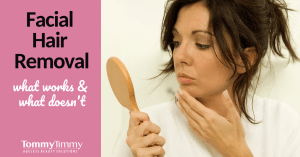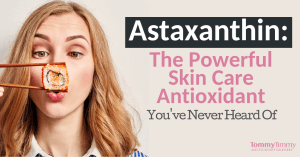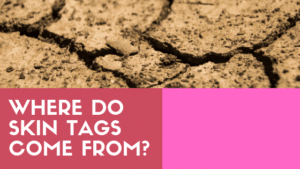If you wear sunscreen are you at greater risk of developing vitamin D deficiency?
A recent study looked at the connection between wearing sunscreen and vitamin D levels. This study used real people who frequented the beach instead of using a laboratory study with simulated light. The study demonstrated that using sunscreen does not cause decreased production in vitamin D. These findings are released just in time for most people’s beach vacations. Since some people may forgo sunscreen to produce more vitamin D, this study indicates that’s not necessary.
Now you can confidently make the right choice for your skin. Use sunscreen as recommended knowing that it is effective in reducing sun damage and the risk of developing skin cancer without putting you at risk of a vitamin D deficiency. The initial concerns were studied in a laboratory setting using simulated light sources. However, this study is much more relevant.
Contents
Details of the Study
Researchers invited 62 individuals from Poland to take part in a beach vacation in sunny Tenerife Spain. All individuals were fair-skinned. The individuals who participated agreed to wear sunscreen and have blood samples taken to measure their vitamin D levels. The researchers compared those samples to 17 individuals who were the control group. The control group stayed home in Poland.
The individuals who participated in the beach trip were divided into three groups:
1. The first group used a sunscreen with SPF 15. They applied it every two hours during the day.
2. Group 2 used a broad-spectrum sunscreen that blocked both UVA and UVB rays. They applied their sunscreen in the same way as group one.
3. The third group used their own sunscreen and were not given any application instructions.
The goal of this group was to make them a “real life” scenario. In the three groups, vitamin D levels were measured before sun exposure and then 24 and 48 hours into the vacation.
Results
In all three groups, the use of sunscreen did not result in lower vitamin D levels. It was notable that the third group had more sunburns and more sun damage. However, all three groups did not have significantly different vitamin D levels during the study.
This led researchers to conclude that a broad spectrum sunscreen is recommended. It helps to protect skin from sun damage and skin cancer.
Although vitamin D deficiencies are becoming an area of concern today, it remains prudent to wear sun protection when exposed to sunlight.
In addition, the use of sun protective clothing and hats may be additionally beneficial for those with fair skin. If concerned about lower vitamin D levels, getting tested is a good step. It may be necessary to take a vitamin D supplement but always discuss this with a doctor to get the recommended dosage.
As the study found, dermatologists remain correct about the need to protect the skin from sun damage. The results from this study indicate that it is safe to wear sun screen without developing the risk of a vitamin D deficiency.
According to Dr. Cynthia Bailey, a dermatologist in California, “The benefit of using broad spectrum sunscreen is undisputed. It will help to protect your skin from sun damage (the inevitable development of wrinkles, thinning, crepey skin, sun spots) and skin cancer.”
Recommended Sunscreen
1. Thinksport Safe Sunscreen
This SPF 50 sunscreen was the first ever to pass the Whole Foods Premium Care Requirements. It is free from biologically harmful chemicals such as Oxybenzone, Avobenzone and UV chemical absorbers. It has a zinc oxide formulation that provides broad-spectrum UV protection and water resistance for up to 80 minutes. It is gluten-free, paraben-free and dioxane free which makes it safe for sensitive skin. A lot of its users love that it doesn’t have an obtrusive smell and it absorbs quickly.
The Thinksport Safe Sunscreen retails at $12.
2. Solbar Zinc 38
This SPF 38 sunscreen has an oil free base which is gentle on the eyes, is more rub resistant than most, and lasts for about 80 minutes in the water. Once applied, this zinc-based sun block forms a physical protective layer that sits on top of your skin and provides non-irritating, hypoallergenic UVA and UVB protection you can trust. Most people who have used the Solbar Zinc 38 agree that it works as promised; it prevents sunburns entirely. What people love about it is that it lasts longer than most other sunscreens and since it is odorless and easy to apply, it can be added to the daily skincare routine. However, some people do complain that it’s too greasy for their taste.
The Solbar Zinc 38 retails at $12.
See more sunscreen recommendations here:

